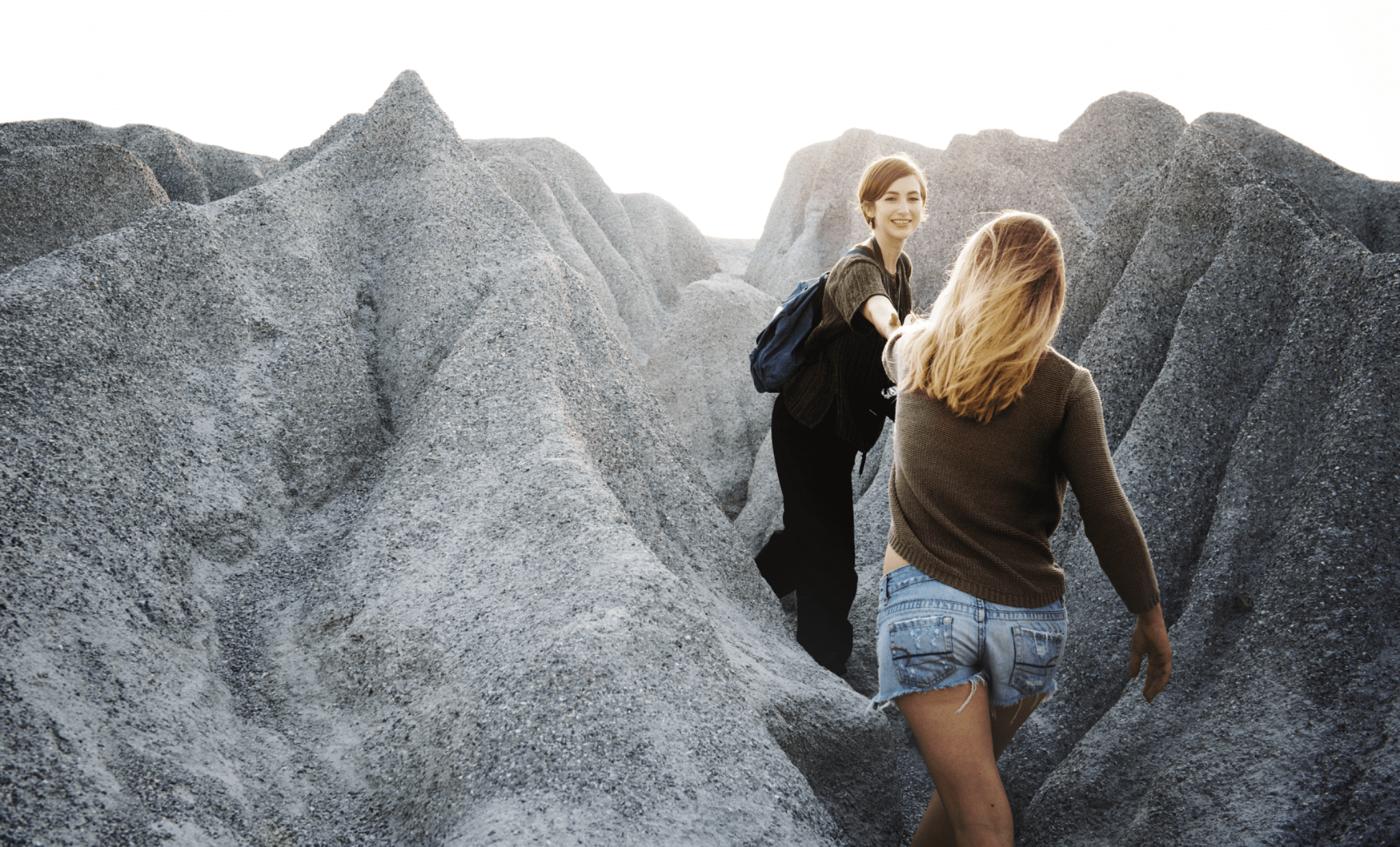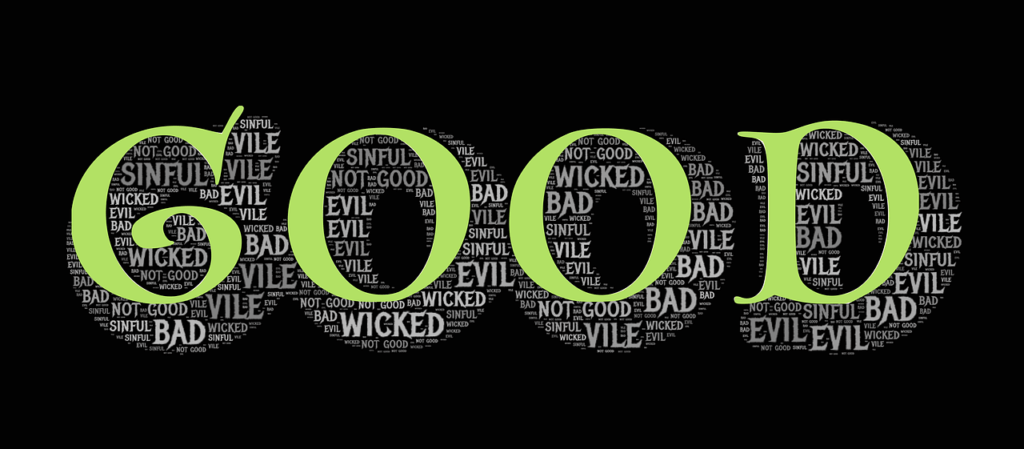Get up, and do the next thing.
I thought of a name for my autobiography, if I ever decide to write it: Well, That Didn’t Work.
My life is full of things that didn’t go the way I’d wanted or planned. Some incidents I’d drop in that file marked “It’s Just a Thing.” Another file would be marked, “What Were You Thinking?” And, unfortunately, one file would be marked “You Blew It.”
That third file would be full of unpleasant accounts.
I’m prone to be unduly hard on myself. Can I get an “amen?”
I’m learning, though, that all my past mistakes, those moments of weakness, are redeemable. Check this out.
The scene is the Garden of Gethsemane—a pivotal moment not just in biblical history, but as a metaphor for our own spiritual journeys. Picture it: the disciples, those closest to Jesus, succumbed to human weakness, dozing off when they were needed most. When they woke, imagine the weight of their regret, the sinking feeling of having missed a crucial moment to support their friend and teacher. It’s a scenario many of us can relate to on a personal level.
This story isn’t just about physical sleep; it’s about moments of spiritual slumber, times when we’ve been absent when it mattered most—missed opportunities to stand by someone, to make a difference, or to take a step of faith. And like the disciples, we often wake up to a harsh self-judgment: “How could I have let that happen?” We beat ourselves up, thinking it’s all over, that we’ve blown it for good.
But here’s the twist: despair isn’t an anomaly; it’s part of the human experience. It’s as common as the cold, and just as unwelcome. Yet, it’s in these moments of despair that Jesus steps in with a message that’s both startling and soothing. He essentially tells us, “Okay, you missed that one. But let’s not dwell on it. There’s more ahead.”
I like the concept of leaving our past failures in the “sweet embrace of Christ.” It’s about allowing ourselves to move on, not ignoring our mistakes, but not letting them anchor us in place either. Jesus’s approach is not one of dismissal but of gentle redirection: “Get up, and do the next thing.”

And what is this “next thing”? It’s moving forward with trust and faith in Him, praying and acting from a place of redemption, not regret. The best thing we could do is shift our focus from what we’ve done wrong to what we can do right, starting now.
This message is incredibly relevant for all of us. How often do we find ourselves paralyzed by past missteps? How frequently do we let the fear of failure stop us from stepping out again? Yet, here we’re reminded that our past doesn’t have to dictate our future. Our spiritual journey is not defined by how many times we’ve fallen, but by how many times we get up—and who we’re walking with.
Want some encouragement? The message is clear: there’s always a next step, a new chapter waiting to be written with God by our side.
So, let’s take this advice to heart. Let’s not let the sense of past failure defeat our next step. Instead, let’s lean into the “invincible future” with Jesus, trusting in His redemption, and always ready to do the next thing.
Until next time, keep walking in faith and light, embracing each new day and opportunity with the joy and assurance that comes from knowing He’s got us, every step of the way.


